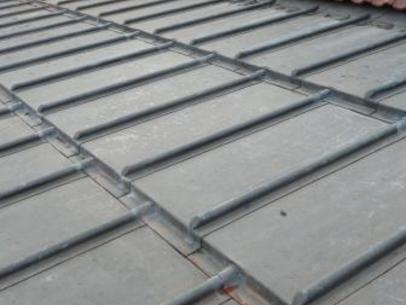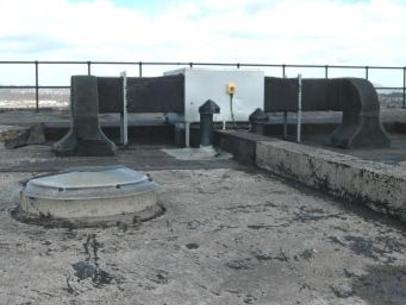We have been receiving questions via our enquiry service on our website. Here’s an example of the difficulties tenement owners are facing when it comes to recovering costs and what options are available.
Q: I live in a block of six flats. We had to go ahead with an emergency roof repair, and one of our neighbours is refusing to pay – what can we do?
First, check your title deeds for any reference to emergency repairs, and if there is none, follow the steps below.
The Tenements (Scotland) Act states that any owner can carry out emergency work and recover the costs.
What counts as emergency work?
Emergency works are those defined as repairs which:
- can’t wait for a joint decision to be made amongst owners
- are required to prevent damage to your building
- are in the interests of health and safety
Make sure to try and have a conversation with your co-owner to see if you can find out why they are refusing pay. Is it the case that they won’t pay or can’t pay? This might be a tricky conversation to have – see our article on how to have difficult conversations.
Your neighbour’s title deeds set out the rules and responsibilities they have for the building, but they also have a legal duty to maintain the building.
What is the Duty to Maintain?
The Tenements (Scotland) Act 2004 states that every owner must maintain any part of their building that provides shelter and support, to ensure that it can continue to provide this shelter and support effectively.
This means that if your neighbour is refusing to pay for an emergency repair that affects the shelter and support of the building, such as in this case with a repair to the roof, they have breached their duty to maintain.
Remind your neighbour of the Duty to Maintain
You have the right to remind your neighbour of their legal duty. You can do this by sending them a letter, either in physical form through their letter box or digitally.
In the letter, you should include the details of the work carried out, why it was carried out, what their share is, and how they can contact you to arrange payment.
If you send a physical letter, it is good practice to take a photograph as evidence that it has been sent.
You can download our Duty to Maintain template letter here.
Next steps
If you get no response to your letter, you can take legal action to recover the costs. Before taking legal action, consider:
- getting advice from local advice centres or Citizens Advice – they may be able to advise alternatives to legal action
- mediation – there are community mediation schemes available in several areas, or private mediation is also an option
For repairs under £5000
You can undergo Simple Procedures through the Sheriff Court:
- Simple Procedures is designed to be used by people with little legal knowledge and without the help of a legal professional
- it involves completing and submitting a Claim Form (Form 3A) to the Sheriff Court – the court which hears the claim is the one within the area where your co-owner lives or has a place of business
- the Sheriff Clerk will check and register the form, and then give a date by which a response must be made by your co-owner – this is usually about three weeks
- your co-owner can either dispute the claim and provide their own evidence, settle the claim before the response date, settle the claim but ask for extra time to pay, or do nothing
- if your co-owner decides to do nothing, it is likely the case will be found against them – see our website for more information on what happens if your co-owner does nothing
For repairs over £5000
You can take other legal action or professional help:
- the legal procedure to take is called an ‘Ordinary Cause’
- in this case, you will need a solicitor to advise you and the case will still be handled by the Sheriff Court
Thinking ahead
It is important to note that although at times necessary, emergency repairs are more likely where a property has not been well-maintained:
- emergency repairs are generally poor value for money compared with planned repairs
- it’s likely the repair will only have been a patch job and that more thorough repairs are required
- consider getting professional help, such as having the roof surveyed, and plan for proper repairs as they will be cheaper in the long run
If the other owner remains uncooperative, make sure to follow proper procedures for future repairs. For example, your council might be able to help with the cost of repairs, such as through Missing Shares or serving a Work Notice. However, these procedures can only be used before the repair work has started.





